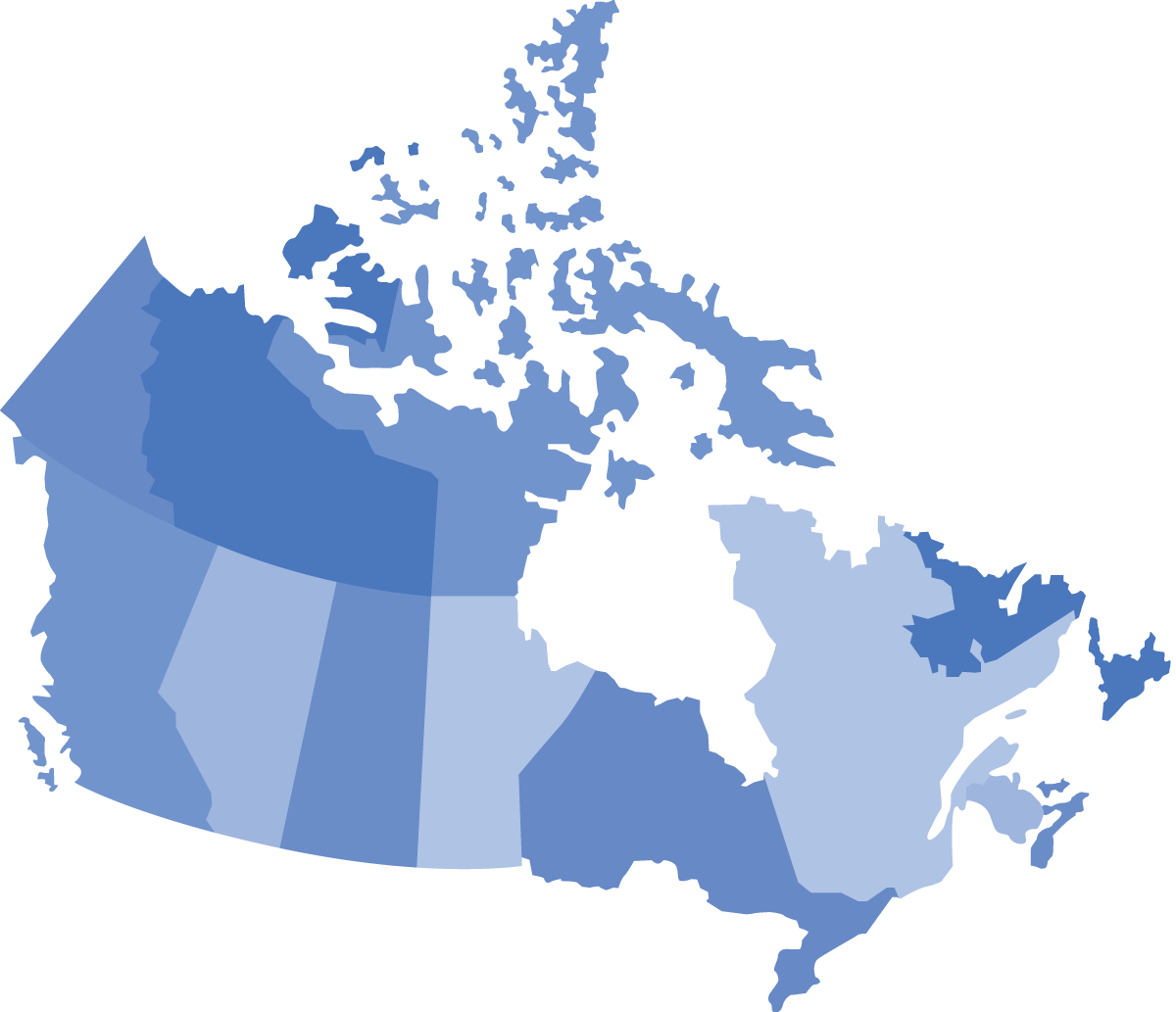-
Understanding Grief ›
-
- Truths about grief
- What grief looks and feels like
- Common challenges with grief
- Grieving before the loss
- Ideas for living with loss
- Grief triggers
- How long grief lasts
- How the loss affects families and others
- When life starts to get better
- Special dates
- Rituals, funerals, and memorials
- Do I need more help?
- Prolonged grief
-
-
Grieving a Death ›
-
Non-death Loss ›
-
Supporting Someone ›
-
Professionals & Volunteers ›
-
Resources & More ›
Grieving a co-worker
The death of a co-worker can send grief through your workplace. The loss and grief that you and others feel may be similar in some ways and different in others.
“She was such a wonderful mentor. When you lose someone like that, there’s just so many levels of loss. Our team really struggled.”
What may affect your grief
Your relationship with the person
- You may have been good friends, or you may not have known them well.
- You may grieve the knowledge and wisdom they would share with you.
- You might now feel like you have no one to talk to about problems at work.
The nature of the death
- You may feel traumatized if the person died at work, especially if you were a witness to the death or to finding them afterward.
- You may have received little information or too much, or information may have been shared in an insensitive, uncaring, or judgmental way.
How others respond
- Your workplace may be a supportive and comforting place, with compassionate and understanding co-workers, or you may feel unsupported and judged.
- If you have few or no co-workers, you may feel isolated and alone in your grief.
When your grief isn’t acknowledged
- Sometimes other friends and family don’t recognize how deeply the loss of a co-worker impacts you, and they might say things that feel hurtful.
Try to pay attention to your own grief response and to the responses of others around you. Your understanding of the impact of this death, along with the understanding of others, will influence how you live with it.
It may be helpful to think about who among your co-workers, friends, and family might be most supportive to you. Then you can choose whom you may want to share your grief with.
You might find it helps to be involved in activities that honour the memory of the person who has died. There is no “right” way to do this, and everyone has their own ways of grieving and remembering someone. Do whatever you find helpful.
Consider accessing support from your Employee Assistance Program, your healthcare provider, or a grief counsellor.
If you are in a leadership position, take the time to openly acknowledge your own grief, and recognize the grief of others. These steps will go a long way in helping yourself and your employees. You may find it helpful to seek the guidance of grief counsellors. (See also What you can do when you’re supporting someone.)
See also:
- MyGrief.ca Module 25 - Grief after trauma
If you are a leader at work
As a leader, you are in a key position to support your staff. If your response demonstrates your sensitivity and compassion, you will be communicating to them that they can be authentic and that grief is welcome.
Here are some things you can do as a leader:
- Acknowledge and share news of the death
- Expect that staff will have a grief response
- Identify grief assistance for employees — if your workplace has an Employee Assistance Program, find help from their counsellors who are experienced in grief work, or consider finding grief counsellors outside your organization.
- Reach out to the family and close friends of the person who died
- Show compassion and understanding
- Recognize and seek support for your own grief
- Create opportunities for your staff to plan and participate in activities that honour the memory of the person who has died
- Ensure that everyone knows it is their choice whether to participate
If you feel overwhelmed or “stuck” please talk to a health professional or trusted leader in your community such as a doctor, chaplain, nurse practitioner, social worker or school administrator. These trusted people may be able to connect you with appropriate programs, resources, and other forms of needed support such as grief counselling or medical care. You may be able to access counselling services if you have an Extended Health Plan, or through an employee assistance program. It will be important that they have experience in grief counselling. If you have thoughts of or plans to harm yourself or others, go to your nearest Emergency Department, call your local Crisis Line, or call or text 9-8-8 if you are in Canada. It is essential that you reach out for help.
See also:
- Do I need more help?
- MyGrief.ca Module 8 - Do I need more help and where to find it
When a co-worker dies, many people in your workplace will be affected, either directly or indirectly. The unique relationship you had with the co-worker who died will affect how you grieve. Other factors include how they died and how you learned of their death. If you are a workplace leader, your staff will look to you for guidance during this time.
See also:
- MyGrief.ca Module 16 - When your co-worker has died
Video Gallery
Resources
Outlines what you can expect and emotions that can follow finding out a colleague has died. Also provides possible things to do to understand and not minimize your grief.
Lists common emotions and feelings when grieving, possible reactions of those in and out of the workplace, and helpful actions.
Offers ways to cope with the death of a co-worker that are directed towards the grieving individual.
Lists common emotions and feelings when grieving, possible reactions of those in and out of the workplace, and helpful actions.
Offers ways to cope with the death of a co-worker that are directed towards the grieving individual.
Outlines what you can expect and emotions that can follow finding out a colleague has died. Also provides possible things to do to understand and not minimize your grief.


